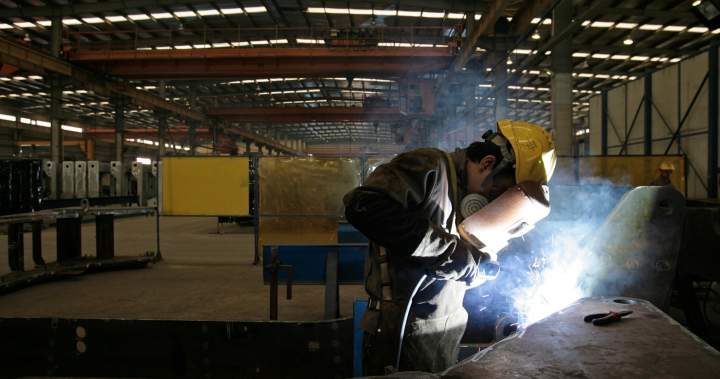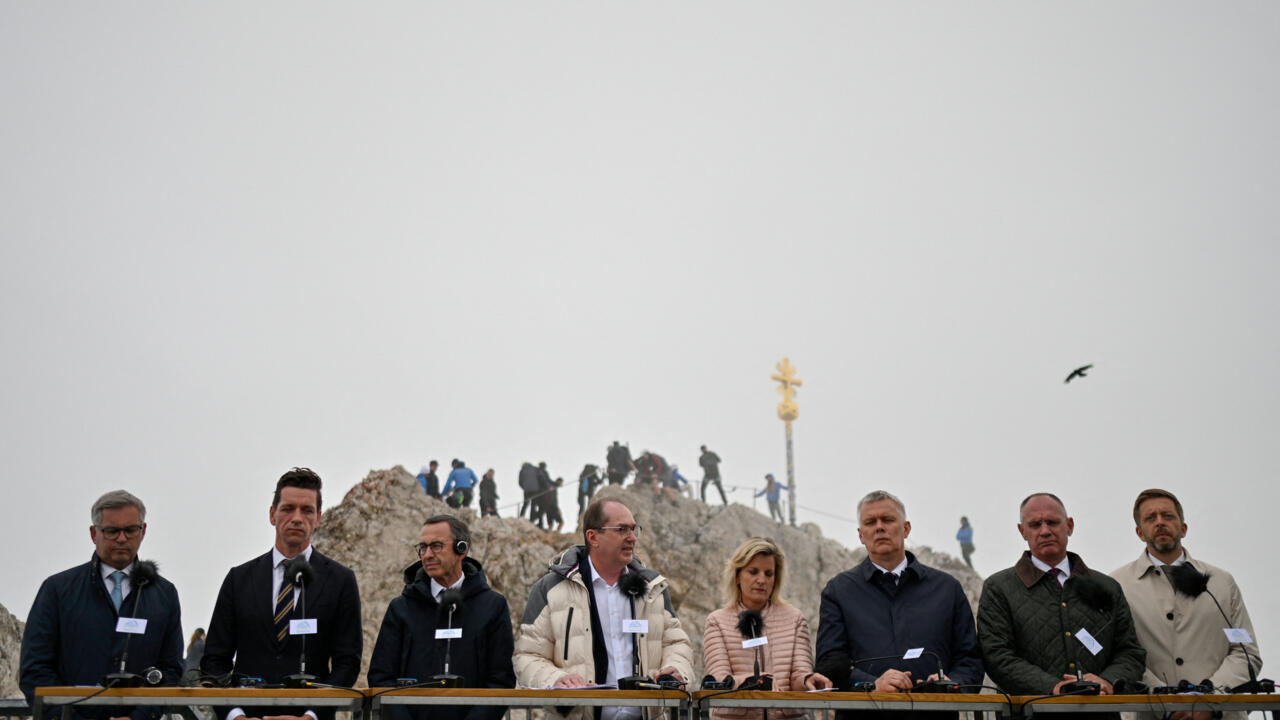To mark the centenary of his birth, France in Focus looks back at Frantz Fanon's extraordinary career: a volunteer at the age of 18 to fight the Nazis, a committed writer against racism and colonialism, a visionary psychiatrist and a campaigner for Algerian independence.
Frantz Fanon, an anti-colonial and anti-racist icon, didn't hold back. During his short life, he spared no effort to fight for, as he put it: "the cause of the people, the cause of justice and freedom."
World War II: The Awakening
At just 18 years old, he left his native Martinique to voluntarily join Charles de Gaulle's Free French Forces. The young soldier was decorated for his service, risking his life to fight the Nazis. But the recognition was superficial: Black people were subjected to racism, both in the military and in civilian life. He felt disillusioned – in France, his heroism mattered less than the colour of his skin.
Years on the 'mainland'
After studying medicine in Lyon, Fanon published his first book. "Black Skin, White Masks" examines colonialist constructs, in an attempt to break free from them. That same year, he completed his psychiatry internship at Saint-Alban, in Lozère, alongside François Tosquelles. This Spanish anti-fascist political refugee introduced him to an innovative practice of social therapy – a means of treating mental health patients with dignity.
Life in French Algeria
In 1953, Fanon was sent to French Algeria. At just 28, he became chief physician at the hospital in Blida. Following Tosquelles's principles, he transformed his department and revolutionised what was at the time a racist and morally bankrupt form of colonial psychiatry.
At the same time, he became involved in the Algerian revolution, treating wounded fighters. In December 1956, he resigned from his hospital position and moved to newly independent Tunisia. There, he continued his work as a psychiatrist, contributed to the FLN (National Liberation Front) newspaper El Moudjahid, and represented Algeria at Pan-African conferences.
Fanon would not live to see the outcome of his struggle. He died of leukaemia in 1961 at the age of 36, one year before Algeria gained independence.
A hundred years after his birth in Fort-de-France in 1925, Fanon remains a powerful anti-racist and anti-colonial reference for intellectuals, artists and activists around the world.











 English (US) ·
English (US) ·